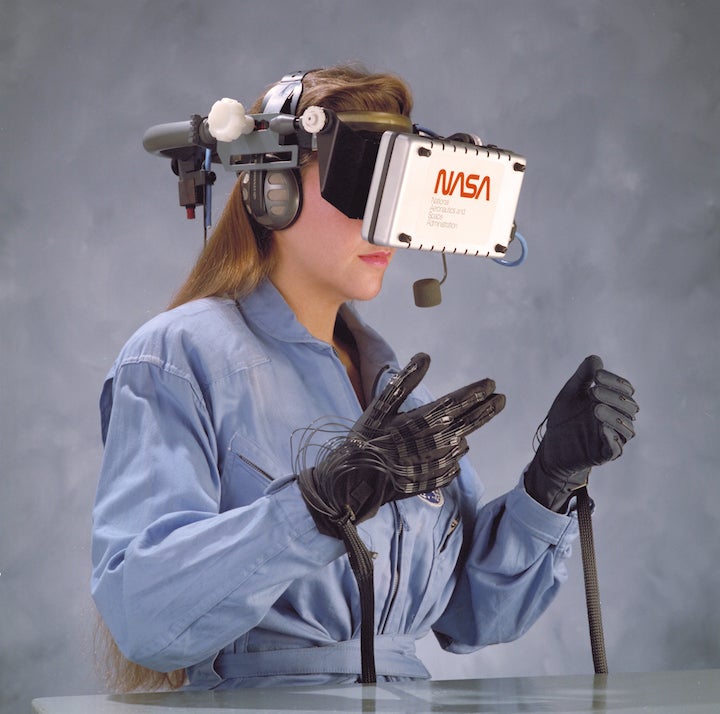I had some time to begin to develop the graduate research course I will teach in Design, Winter quarter 2017. This is a draft (and only a draft):
Course Description
This graduate research seminar in Design intends to pose two interrelated challenges:
- First, if one can identify something as a problem for designers to address, then how come the discipline has not addressed it? In other words, with an eye toward history and society, this course asks you to place your concerns as a designer into a context as to why those concerns come to matter (“matter,” as in a matter of concern, but also physical matter, i.e. become tangible).
- Second, how can ‘research’ help elucidate why design has or has not resolved a certain ‘problem’? Put differently, through critical readings and discussion that address issues of (but not limited to) race, class, gender, disability, sexuality, and the past, we will explore what does (and, importantly, doesn’t) trouble the discipline of design. To do this, we will seek to theorize research itself in order to refine our methods of research.

Explained in a different sense, this course sets up the proposition that the production of knowledge is not a linear progression, and thus the kinds of certainties we are convinced about are, in fact, contingent; these contingencies relate back to how we go about deciding what can—and cannot—constitute research.
Or, as somewhat elucidated in the infamous words of Donald Rumsfeld, “(…)as we know, there are known knowns; there are things we know we know. We also know there are known unknowns; that is to say we know there are some things we do not know. But there are also unknown unknowns – the ones we don’t know we don’t know.” In his own perplexing imagination, what Rumsfeld accidentally was getting at was, at the core, that sensing an unknowability demands not only problematizing its other, knowability, but in effect, unknowability itself. He posed, in short, a puzzle about the nature of evidence or data, and how to go about collecting it.
A few additional key points… This course will also ask MFA students to think of design and research as two domains that continually co-make each other, never leaving one behind for the other, and thus, we will seek to trouble research through modes of thinking like designers, while also seeking to trouble design by subjecting it to research practices, understanding such practices in the broadest possible way we can.
To do this, we seek to look outwards; to research how designers have posed questions and sought answers, and in parallel, how different fields of knowledge go about performing research (and “perform” is another important keyword to think about, too). Students in the course will be expected to do both, such that they learn about the history of design and to read authors seeking clues to how they designed their research.
*****
I don’t have the final readings for the course yet, but the long list includes an eclectic mix of theorists, historians, anthropologists, designers, artists, geographers, etc. The list includes Shannon Mattern, Reyner Banham, Stefano Harney and Fred Moten, Marisol de la Cadena, Hugh Gusterson, Minh Ha T. Pham, Alberto Corsín Jiménez, David Gissen, Anne Galloway, Arturo Escobar, Gilles Deleuze, Judith Butler, Sunaura Taylor, Anna Tsing, Alison Kafer, Orit Halpern, Natasha Dow Schüll, Keller Easterling, Shiloh Krupar, Simone Browne, Louise Amoore, Rashad Shabazz, Bruno Latour, Shannon Cram, Michelle Murphy, Mimi Thi Nguyen, Fred Turner, and Felicity Scott. Any suggestions for the long list are welcome.
My idea is to maybe assign two readings (or two modules of shorter readings, perhaps) and divide the class into two readings groups per week. We’ll have, then, two rounds of discussion and one group has to listen to the discussion of the other group, and take notes. Students will take turns submitting summaries and notes. The last segment of each week will be reserved for general questions and suggestions around the progress of student research projects.
The course will also include a workshop on human subjects protocols with someone from the Research office on campus. We will also discuss proposal writing. Students will develop their own projects and submit a final essay, which could be a draft section for their final thesis.
It is possible that there will be some field trips to research spaces on campus, but it is not a guarantee.